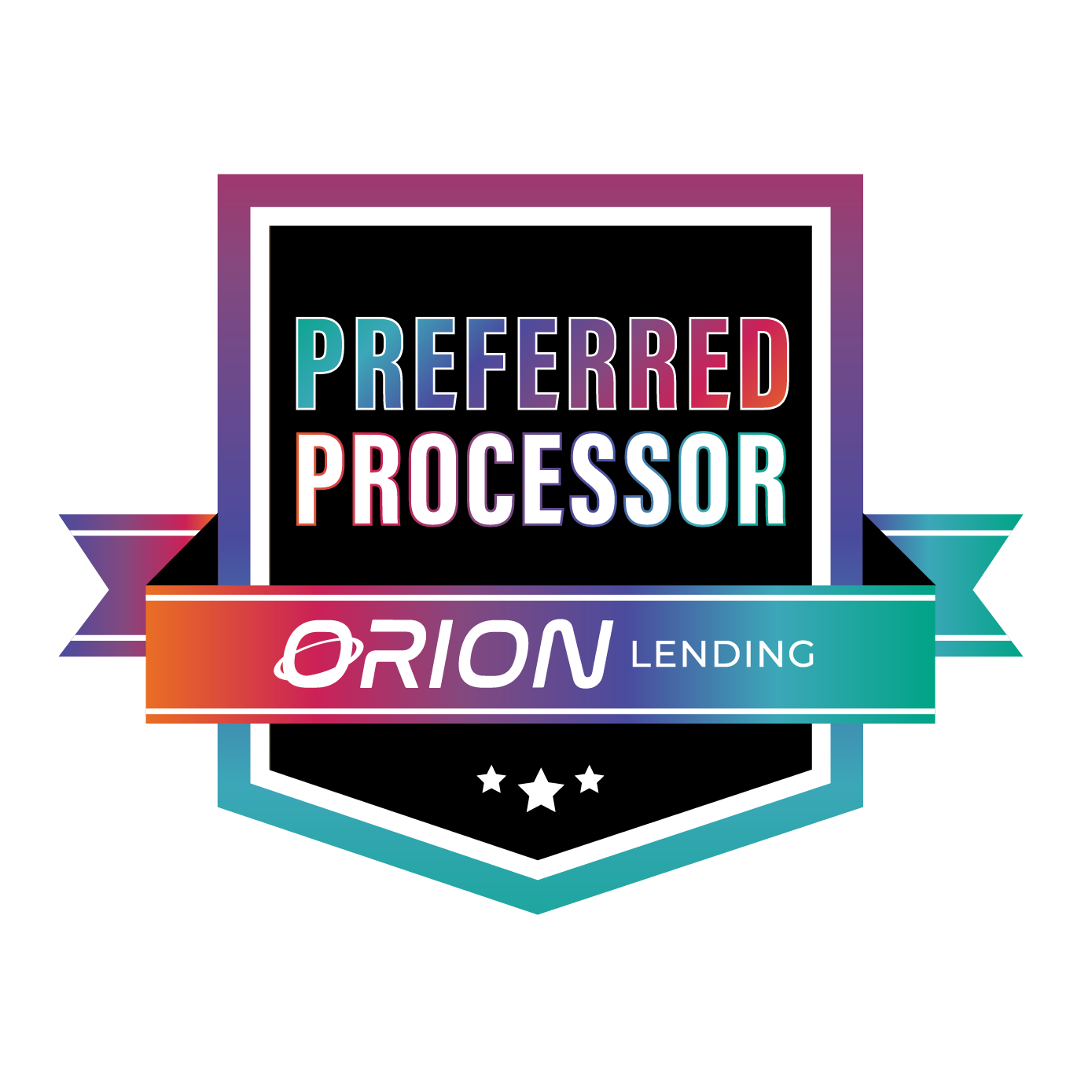4 Steps to Take to Become a Mortgage Loan Processor

A mortgage loan processor is the intermediary party between the lender and the borrower, preparing and compiling paperwork for home loans. As the person responsible for organizing a borrower’s loan application materials — such as income information, monthly bills, and banking information — the loan processor is a critical part of the loan approval process. Are you interested in exploring this career option? Here are some of the steps you may need to take if you want to become a mortgage loan processor.
1. Pursue Your Education
Some mortgage processing companies require only a high school diploma to qualify for a position as a processor. Communication, math, and computer skills are an essential part of the job, so taking courses that nurture these skills may be critical. You may increase your chances of being hired, however, if you have an associate’s or bachelor’s degree. Degrees in banking or finance may show that you are familiar with key foundational concepts within the mortgage industry.
2. Get Industry Experience
Once you have pursued your education, it may be time to get some work experience. Working in various positions for banks, mortgage lenders, or credit unions will introduce you to the type of work environment that mortgage loan processors see every day. An internship can be another way to gain some work experience in the industry. Get your foot in the door and work hard, and opportunities for taking on more responsibility may present themselves.
3. Ask for On-the-Job Training
If your employer asks if you would be interested in training in areas you are not familiar with, you may want to say yes. Every day that you learn something new may be an opportunity to gain the qualifications necessary to become a processor. On the other hand, don’t wait to be asked. If you know of training that is available and would be beneficial to you and your employer, all you have to do is ask. And don’t forget to check out online courses that your employer just might be willing to cover the cost of! The worst they can do is say no.
4. Cultivate the Right Skills for Your Career
No matter where you are right now in your career, you can cultivate the skills you need to become a loan processor. Your interpersonal skills are transferrable to the mortgage industry. If you have worked in customer service, you can apply that knowledge as a mortgage loan processor. Does your current work require attention to detail and exceptional organizational skills? These are essential skills for processors to possess. Remember to learn about what a mortgage loan processor does and how they fit into the mortgage approval process so that you can use that knowledge in any interviews you get.
Become a Mortgage Loan Processor with wemlo
We are looking for bright, forward-thinking, customer-obsessed individuals to join our #teamlo! Are you interested in working for a company that offers excellent benefits, educational assistance, training programs, competitive compensation, and a first-class environment that recognizes and rewards initiative? Check out our careers page to learn more.




